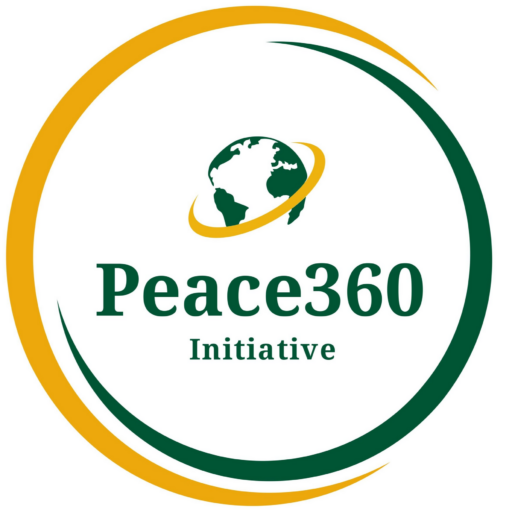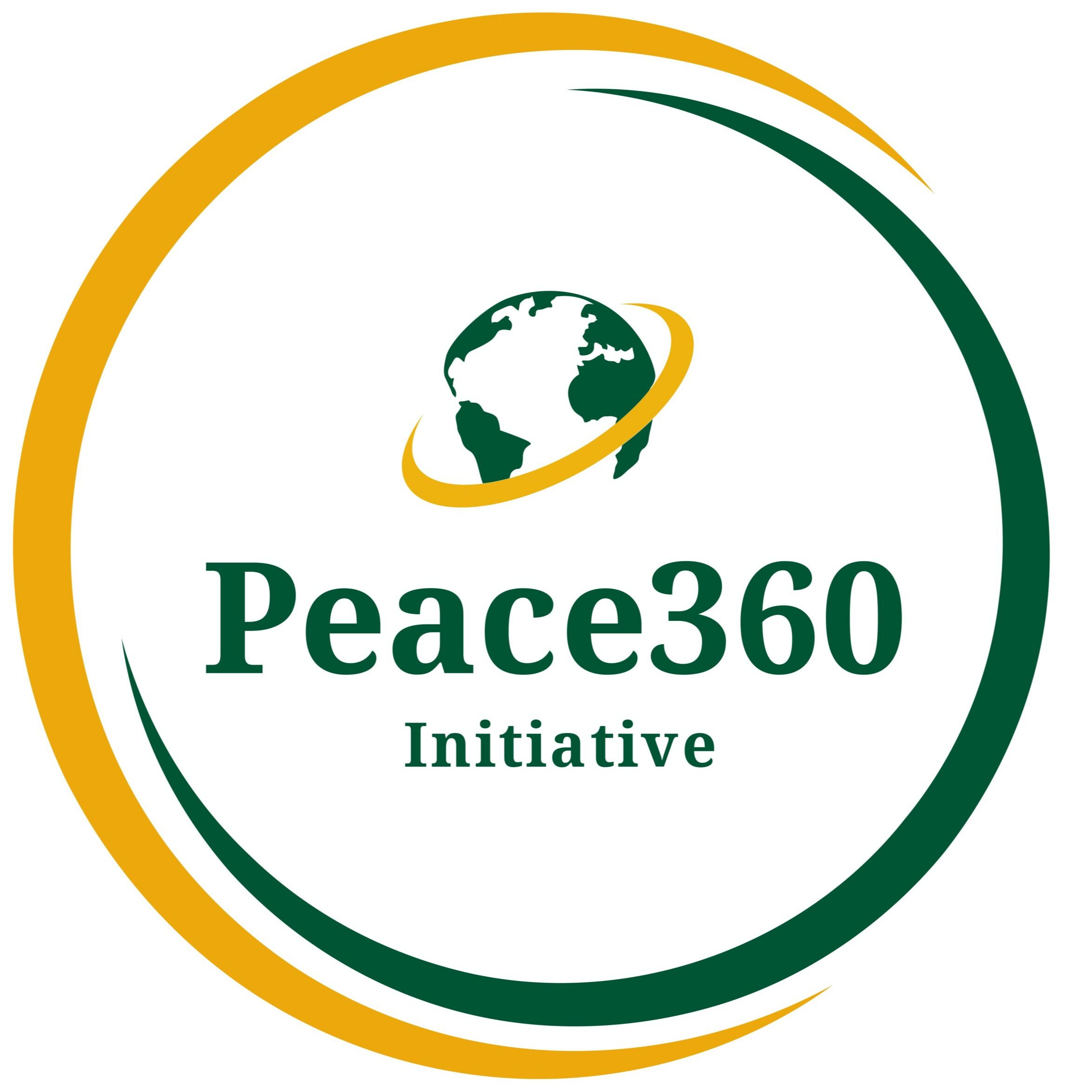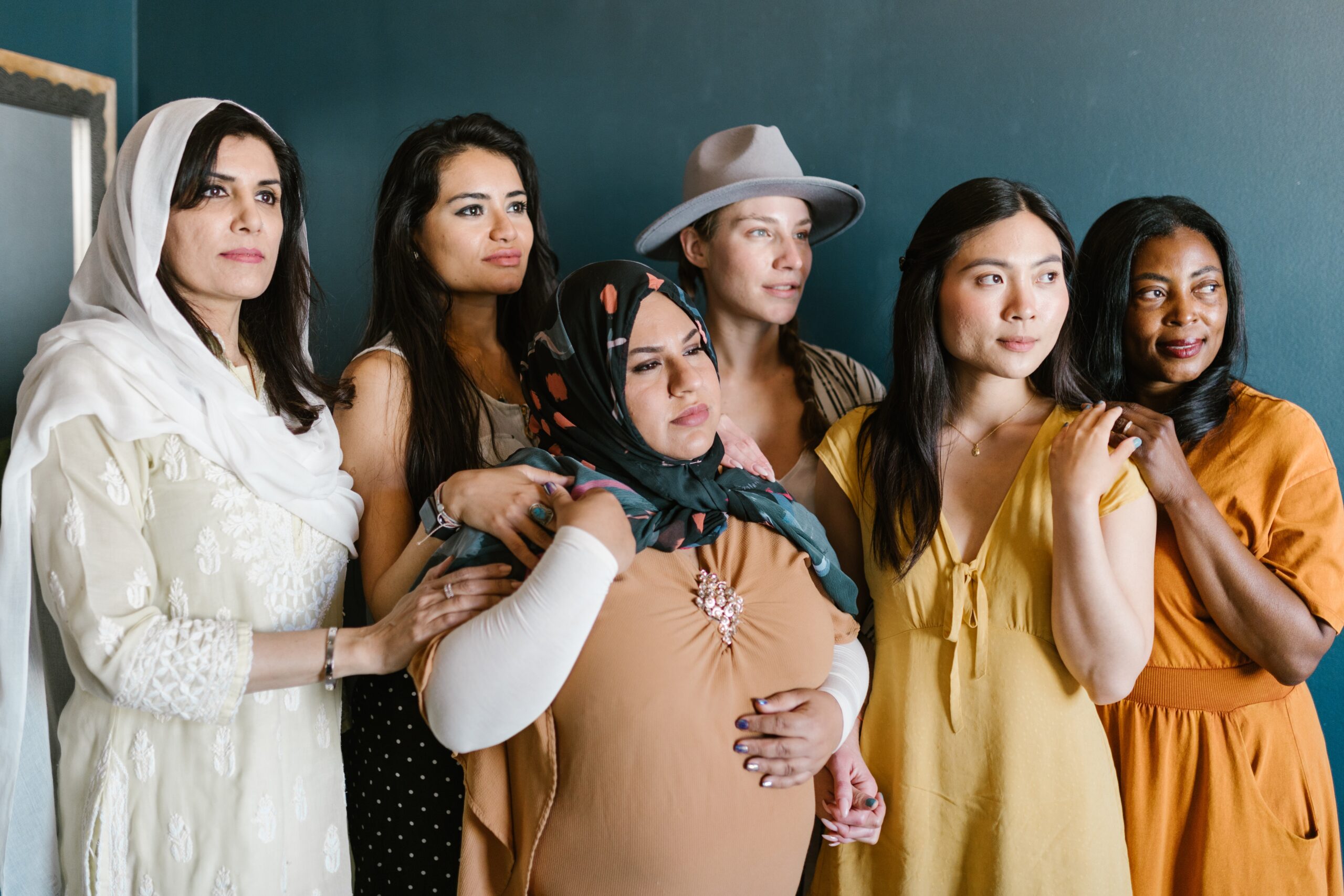*** Note: This blog was written by our former Content Specialist Sammantha Rials.
July is Black, Indigenous, and People of Colors (BIPOC) Mental Health Awareness Month, otherwise known as Bebe Moore Campbell National Minority Mental Health Awareness Month.
This month takes a moment to look at the topic of mental health in the BIPOC community and the need for more awareness and diversity in the field of mental health care and advocacy.
Peace360 Initiative supports these groups of people through our commitment to educating the public about mental health and having a diverse group of volunteers.
BIPOC are less likely to receive mental health care due to several different barriers such as lack of insurance, language barriers, and the stigma surrounding mental health disorders. Similarly, the majority of those in the criminal justice system are people of color and disproportionately affected by mental health disorders.
According to the LifeLine Connections, those of American Indian or Native Alaskan ancestry have higher rates of alcoholism and post-traumatic stress disorder than any other racial group.
The need for proper mental health care is ever-present for these individuals. However, statistics show racial and ethnic disparities in the field of mental health care.
71% of licensed mental health professionals are white, 13.1% are African American or black, 10.5% are Hispanic or Latino, 3% are Pacific Islander or Asian American, and less than 1% are American Indian or Alaska Native.
The lack of ethnic diversity in the field of mental health care can prove unmotivating for those seeking professional help. Cultural barriers could potentially steer someone away from therapy because they may feel they will not be understood or taken seriously, by a counselor or therapist.
We must diligently pursue the improvement of Blacks, Indigenous, and Peoples of Color mental health care throughout the world to ensure that all humans are given the chance to feel safe, comfortable, and happy, mentally and emotionally.
Below are some mental health resources for Blacks, Indigenous, and Peoples of Color:
- The Steve Fund (https://www.stevefund.org)
- Black Mental Wellness (https://www.blackmentalwellness.com)
- ASHA International (https://myasha.org)
- Asian Mental Health Project (https://asianmentalhealthproject.com)
- Indian Health Service – Behavioral Health (https://www.ihs.gov/communityhealth/behavioralhealth/)
- The Loveland Foundation (https://thelovelandfoundation.org)
- MANA, A National Latina Organization (https://www.hermana.org)



Comments are closed